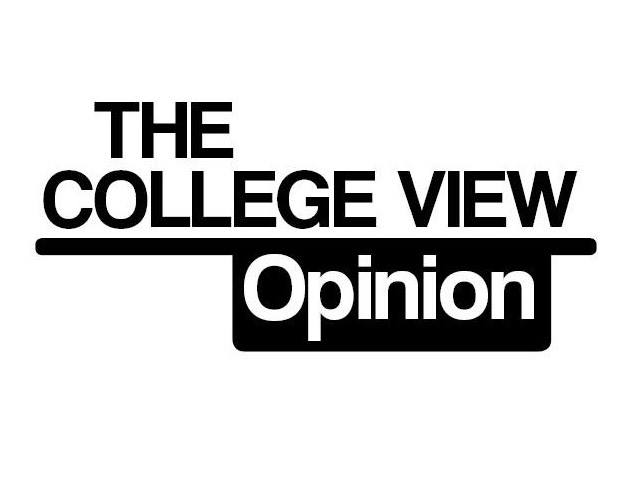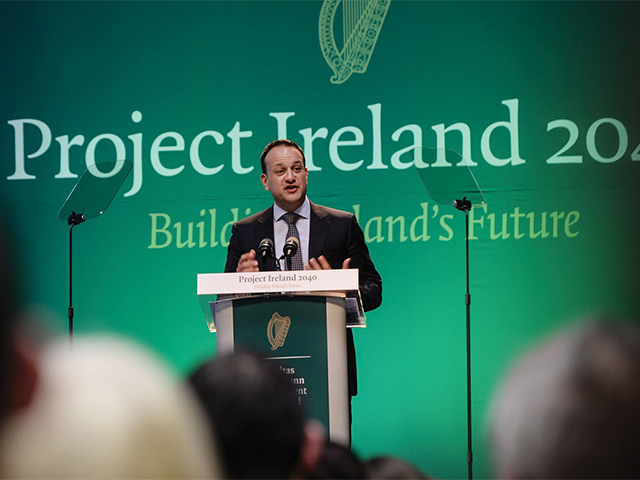
For anyone who doesn’t know, and who cares, the Irish Language Commissioner announced his resignation in December. The Commissioner’s job is to monitor the implementation of Acht na dTeangacha Oifigiúla 2003, the Official Languages Act. The act places a requirement on public bodies to provide certain services ‘as Gaeilge’ (in Irish). For example, if a public body gets an email or letter in Irish they have to reply to it in Irish.
The Commissioner resigned because he believes the Government are failing in their duty to adhere to the act. He said that the Government have repeatedly failed to implement measures to protect language rights. As a reaction to this resignation Conradh na Gaeilge and other groups organised a rally demanding that the Government do more.
So here we go again, another debate about the future of the Irish language, another splurge of emotional energy, another outpouring of criticism toward the Government, another blow to the positive side of Irish, another confusion of what we should actually be focusing on.
According to opinion polls most of you reading this have a positive attitude towards the Irish language. As do most people generally. We all know the mantra; language is good for culture, Irish is an opportunity to strengthen our identity, yada, yada. And we all know the solution; education needs to change, Peig Sayers, bla, bla, bla. We’ve been having this conversation for decades.
And here we are again, in the exact same place. The Government hasn’t done enough to protect the language and those who care enough are mobilised to do something. The bigger picture problems can be seen here. Firstly, a collective belief that the ‘Government’ is the biggest player in promoting Irish and secondly, the reliance on negativity to move forward.
Of course the Government must act responsibly but we have to realise that the future of Irish, our future, is ours. At the moment our structure of Government isn’t good enough to realise our potential as a country. But even if it were doing a half-decent job with Irish, the real power to effect change is in our hands. Our language and its future belong to us. If we want to build a society in which our language is realising its potential then we need to accept that we’re the ones who will create that society.
I won’t be forgiving the Government until they get their act together. It is essential that everyone who speaks the language is not only facilitated but supported, especially in the Gaeltachtaí. However, that shouldn’t be the focus of our energy.
Going forward we need to be pro-active, not reactive. We need to spend our energy on realising our cultural potential once and for all; on building an inclusive, cultural movement that is open to anyone who can be convinced of the value of Irish, not just people who already have the language; on realising a vision to achieve positive cultural and social results; on establishing practical initiatives that give people the opportunity to experience and learn the language; on celebrating culture, history and the benefits of multilingualism; and on the myriad of other rich, cultural activities in Ireland.
The Irish language represents one the best opportunities to build a more inclusive, positive, confident and culturally rich society. But the onus is on us, civic society, to realise that potential.
Rónán Ó Dálaigh is a Gnó agus Gaeilge student in DCU and is a student activist.




Leave a Reply